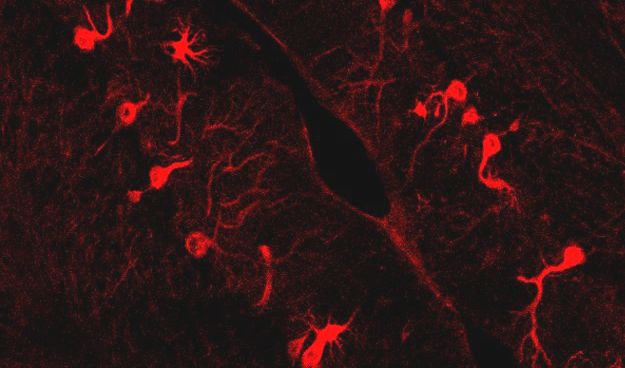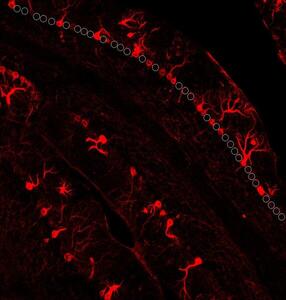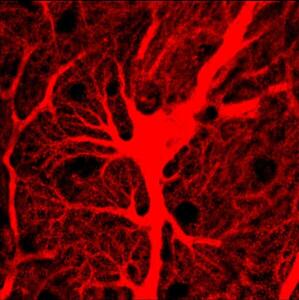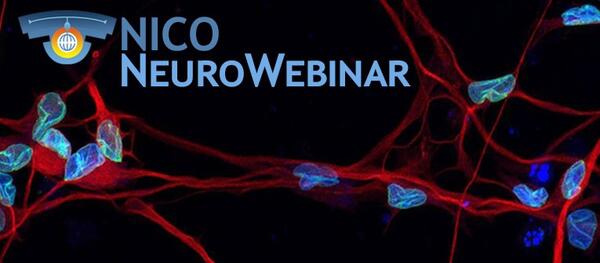
Neuropsychopharmacology, November 2015
Autistic-Like Traits and Cerebellar Dysfunction in Purkinje Cell PTEN Knock-Out Mice
Cupolillo D 1,2 , Hoxha E 1,2 , Faralli A 1,2 , De Luca A 1,2 , Rossi F 1,2 , Tempia F 1,2 , Carulli D 1,2
Autism spectrum disorders (ASDs) are neurodevelopmental disorders characterized by impaired social interaction, isolated areas of interest and insistence on sameness. Mutations in Phosphatase and tensin homolog missing on chromosome 10 (PTEN) have been reported in individuals with ASDs.
Recent evidence highlights a crucial role of the cerebellum in the etiopathogenesis of ASDs.
In the present study we analyzed the specific contribution of cerebellar Purkinje cell (PC) PTEN loss to these disorders. Using the Cre-loxP recombination system, we generated conditional knockout mice in which PTEN inactivation was induced specifically in PCs.
We investigated PC morphology and physiology as well as sociability, repetitive behavior, motor learning and cognitive inflexibility of adult PC PTEN mutant mice. Loss of PTEN in PCs results in autistic-like traits, including impaired sociability, repetitive behavior and deficits in motor learning.
Cerebellar section of a mutant mouse of 9 months of age.
Purkinje cells are stained in red (by anti-calbindin antibodies). White circles highlight missing Purkinje cells.
Mutant PCs appear hypertrophic and show structural abnormalities in dendrites and axons, decreased excitability, disrupted parallel fiber and climbing fiber synapses and late-onset cell death. Our results unveil new roles of PTEN in PC function and provide the first evidence of a link between the loss of PTEN in PCs and the genesis of ASD-like traits.









